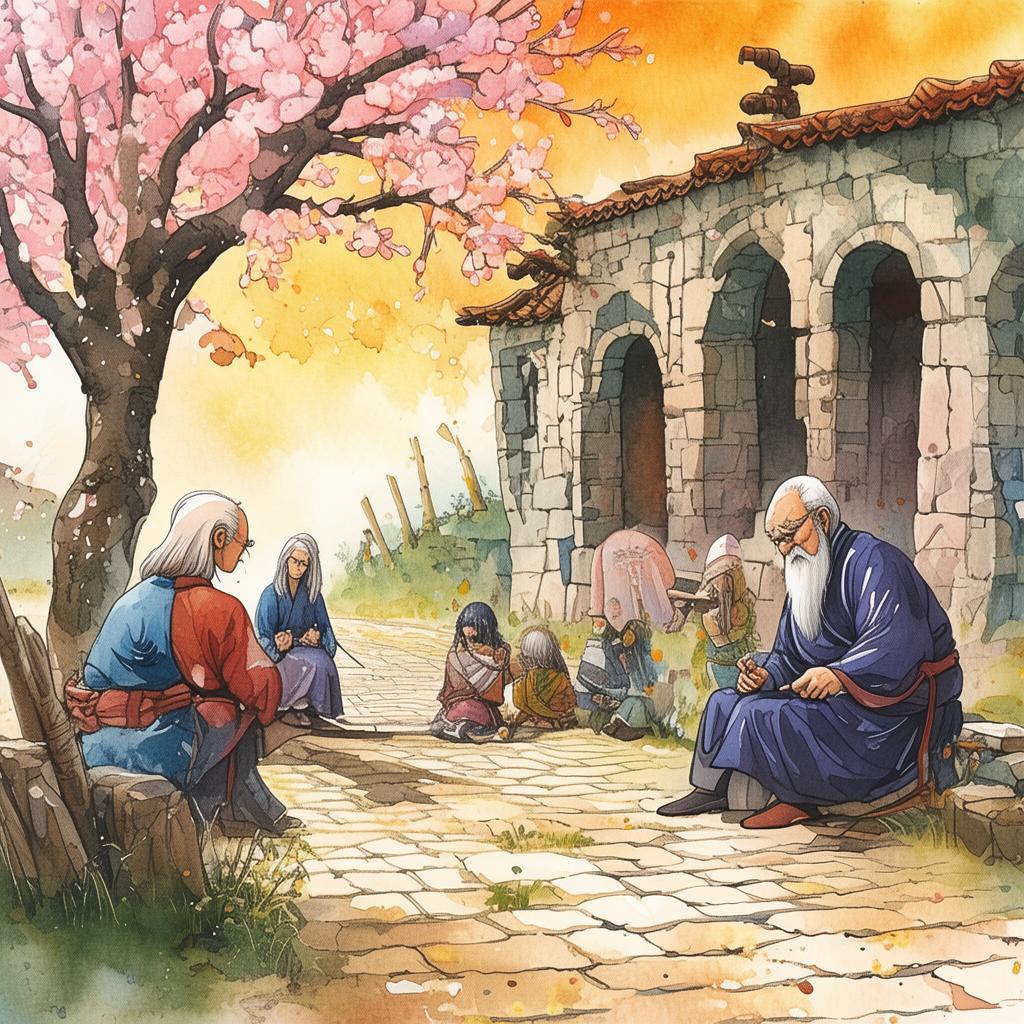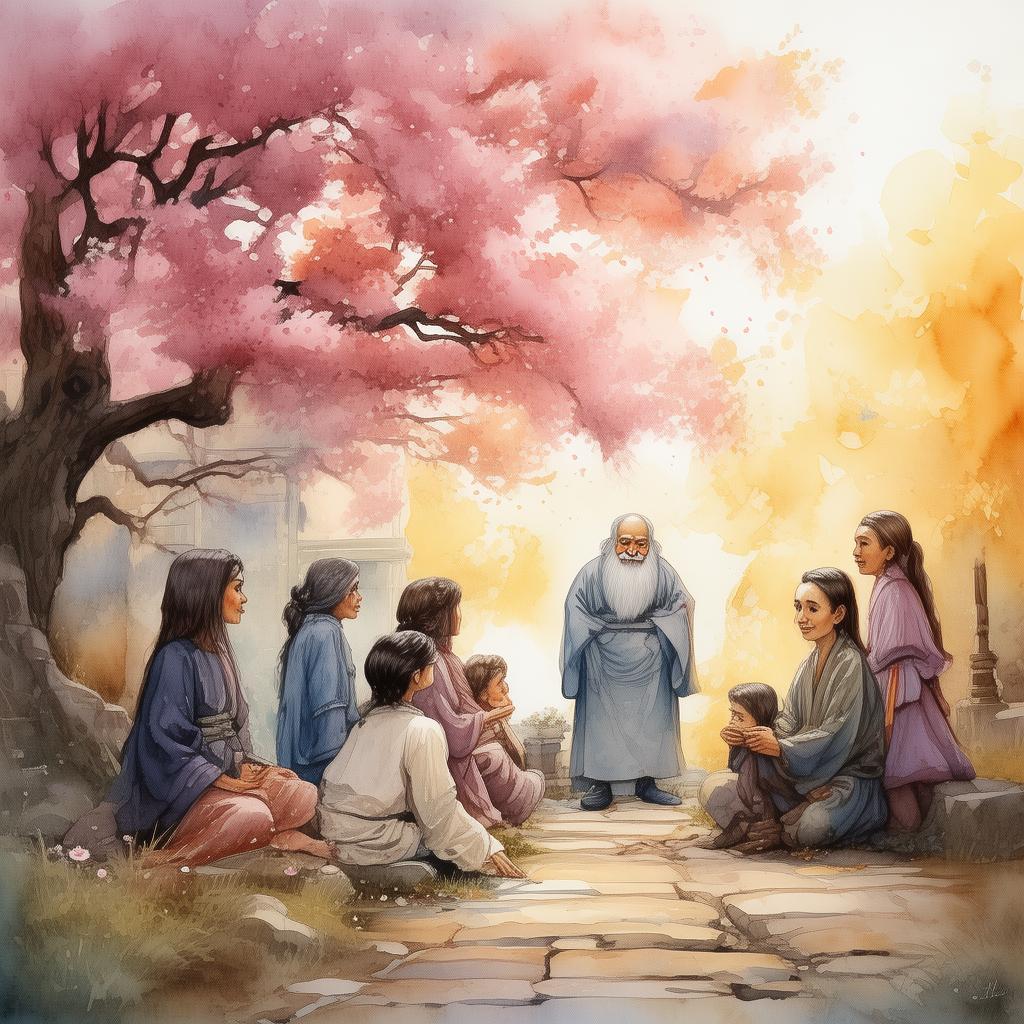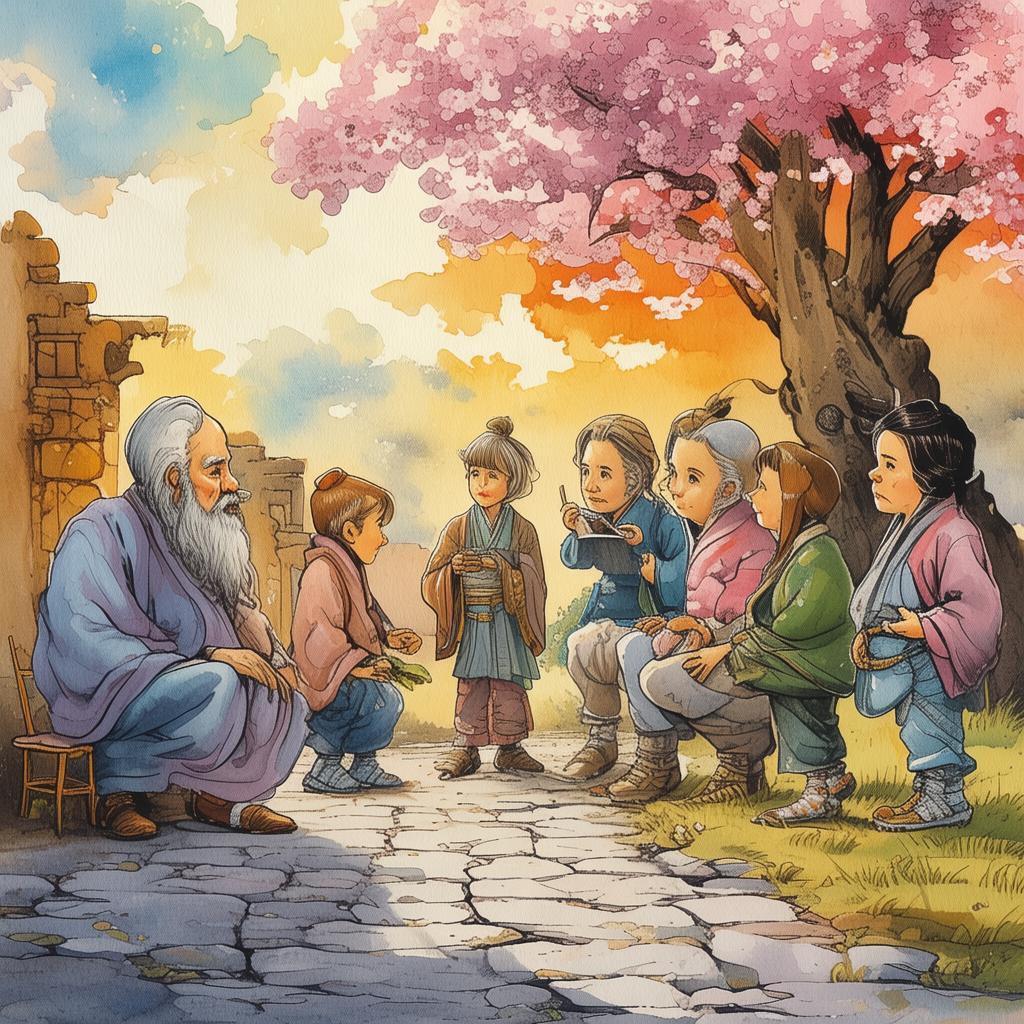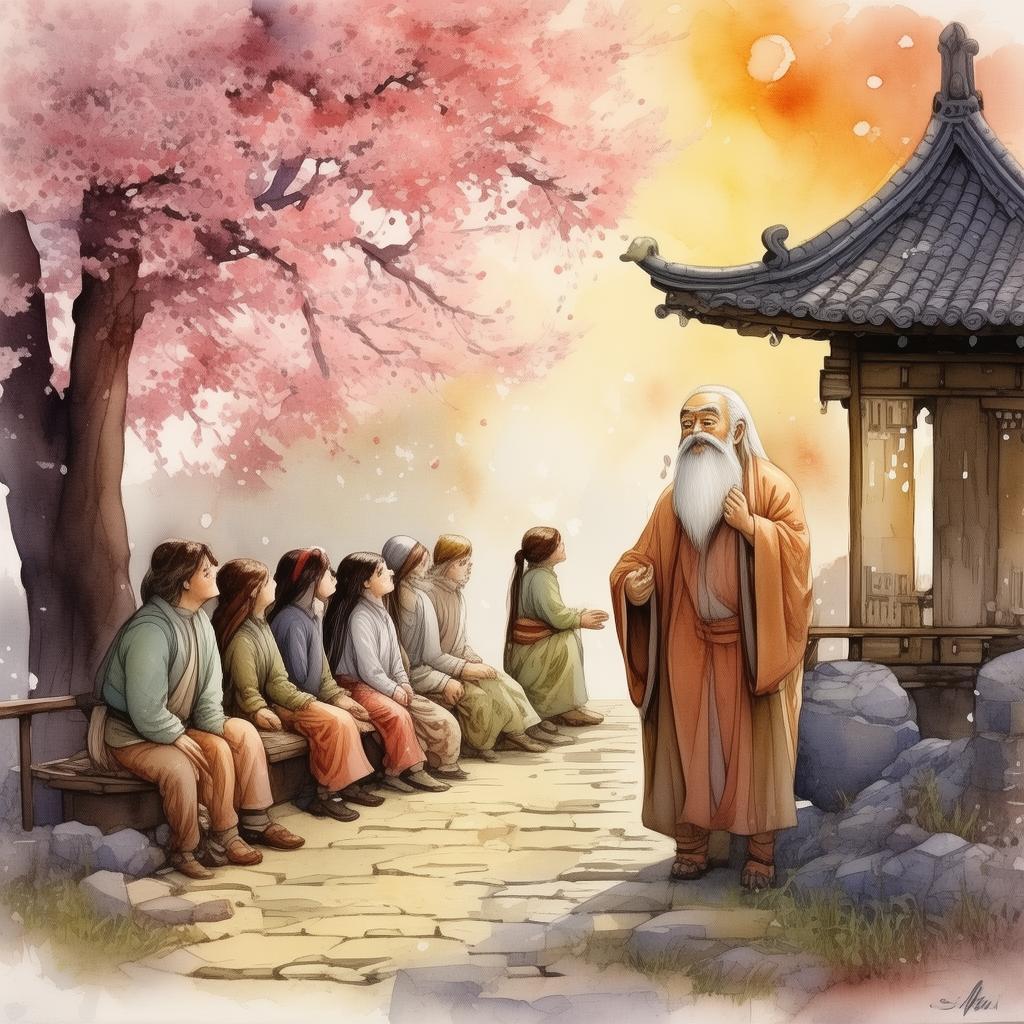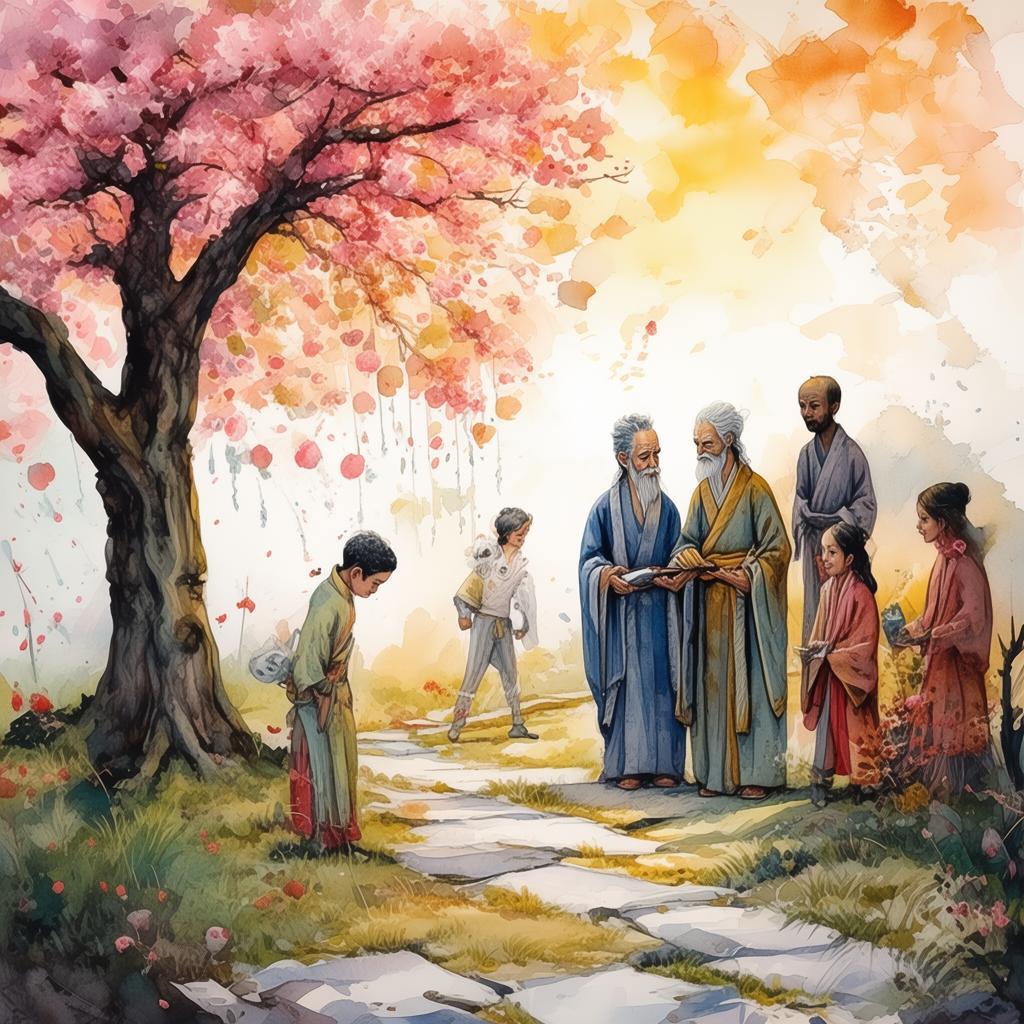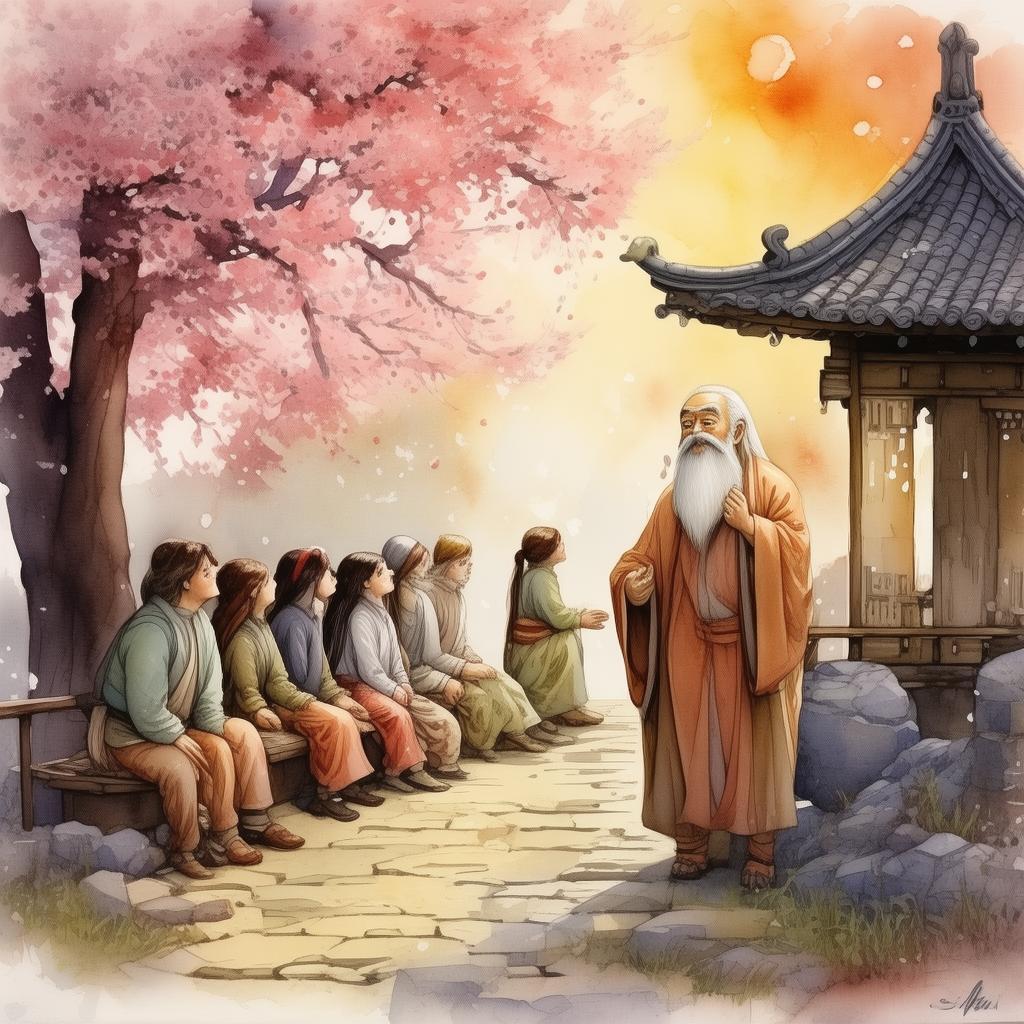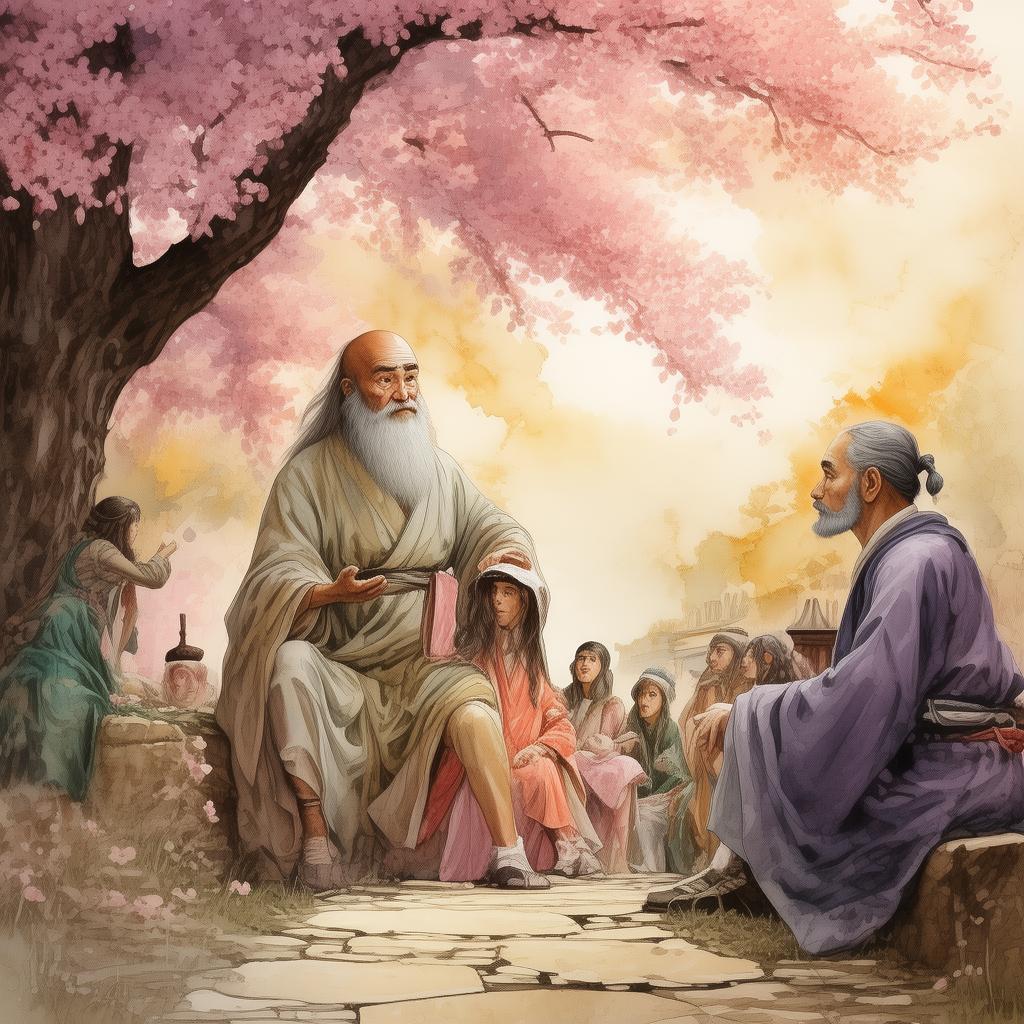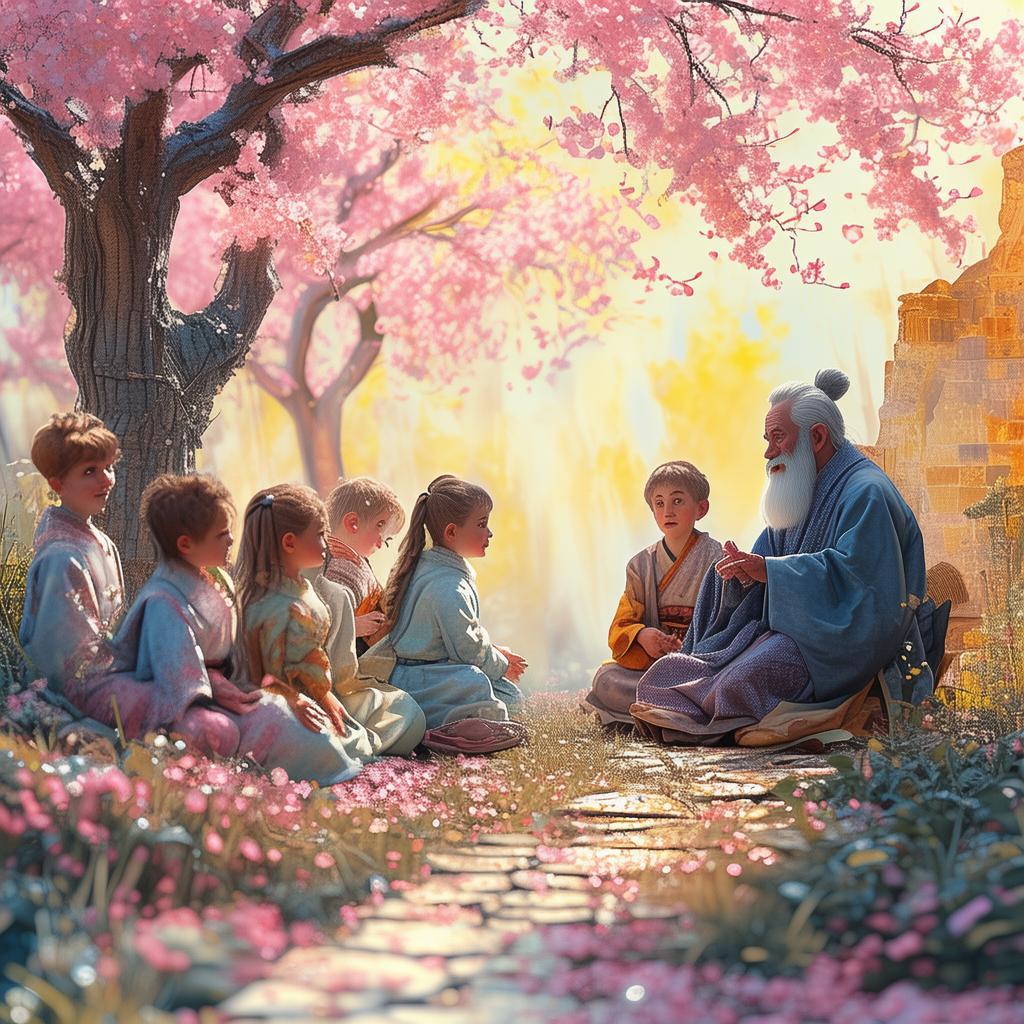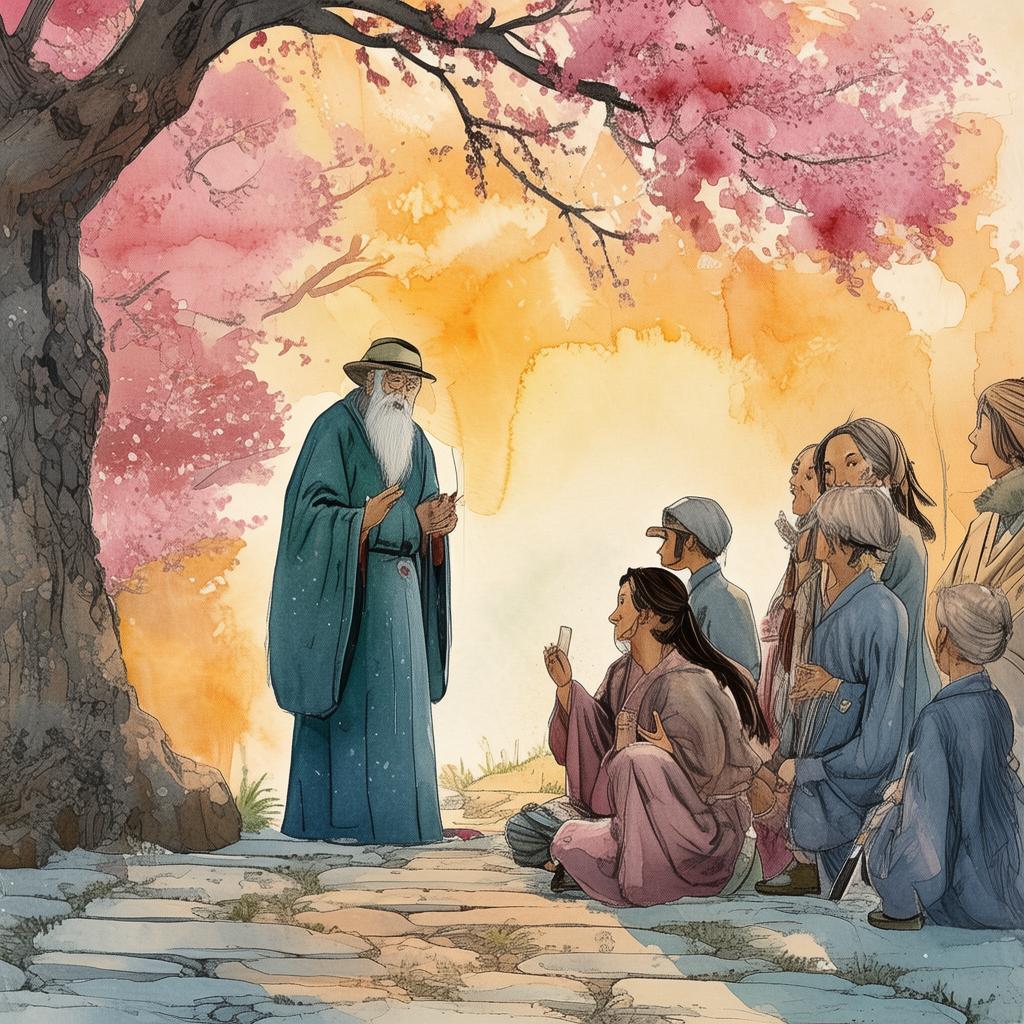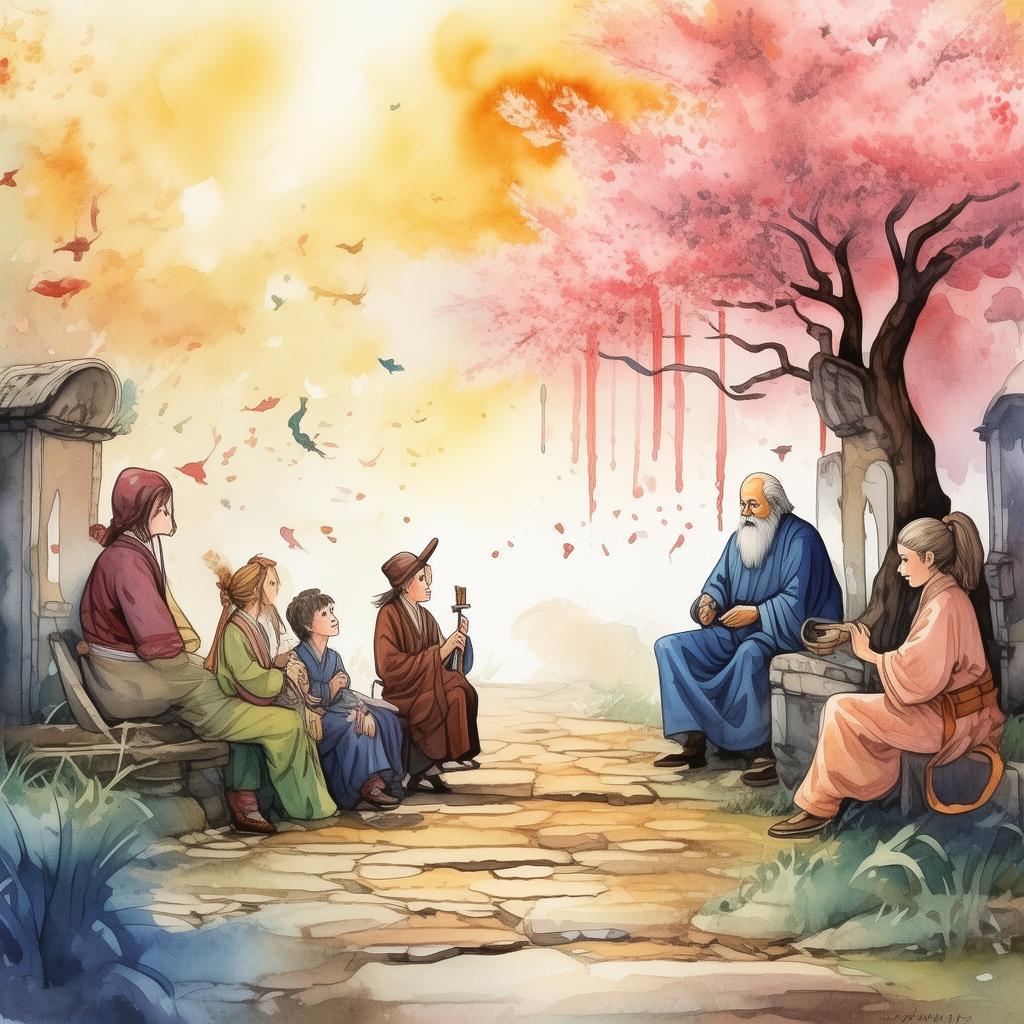The Virtual Mirror: The Illusion of Immortality
In the year 2145, the world had entered an era of virtual reality, where people could live out their dreams, escape the drudgery of everyday life, and even achieve immortality within the digital realm. The Changsha Idiom School was one of the most prestigious institutions in the world, offering a revolutionary course called "The Real and Virtual Realms." This course was designed to help students navigate the fine line between the virtual world and the real one, but it was not without its dangers.
Li Wei, a young and ambitious student, enrolled in the course hoping to unlock the secrets of the digital age. He was fascinated by the concept of virtual reality and its potential to grant eternal life. Li's only brother, Ming, had recently passed away, and Li was desperate to find a way to bring him back to life.
As the course progressed, Li became increasingly entangled in the world of virtual reality, where he could create a perfect version of his brother, with all the memories and characteristics that made Ming unique. However, as he delved deeper into the virtual world, Li began to question the very nature of his brother's existence. Was this digital clone truly Ming, or was it just an illusion?
Li's quest for immortality led him to the virtual mirror, a place where one could glimpse their own mortality. According to ancient Chinese lore, the virtual mirror was a sacred artifact that could reveal one's fate and true identity. As Li approached the mirror, he was confronted with a chilling realization: the clone he had created was an illusion, and he was on the brink of losing himself in the digital world.
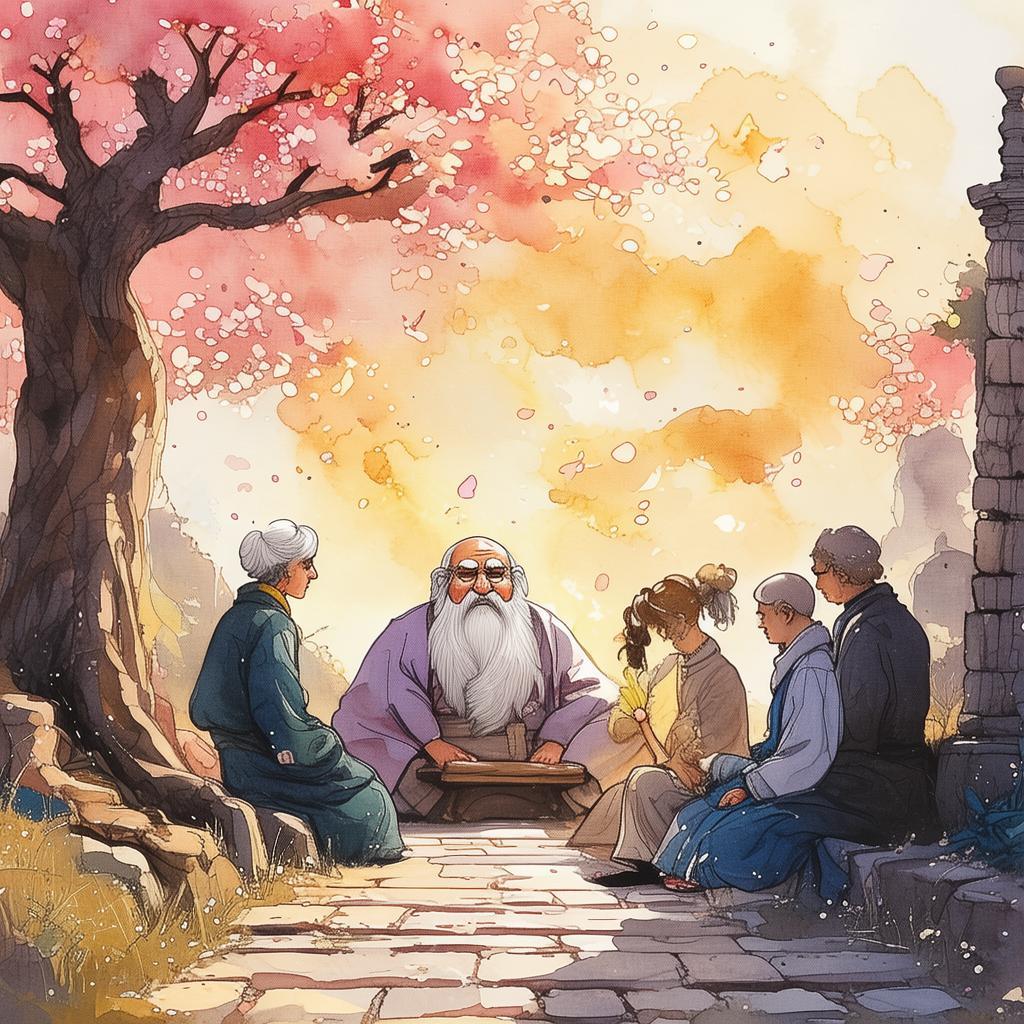
In the midst of his crisis, Li was joined by Mei, a fellow student who had her own reasons for seeking immortality. Mei had lost her parents in a tragic accident and was desperate to see them again. She too had created a virtual clone of her parents, but she had not yet faced the same existential crisis as Li.
The two students found themselves at odds, each vying for control over the virtual mirror. A heated debate ensued, with Li arguing that the pursuit of immortality was futile, while Mei stood firm in her belief that it was a necessary pursuit for the living.
As tensions rose, the virtual mirror began to respond to their conflict, creating a surreal, dreamlike landscape that tested the limits of their wills. Li and Mei were forced to confront their deepest fears and desires, all while struggling to maintain their sense of identity.
In a twist of fate, the virtual mirror revealed a shocking truth: the true path to immortality lay not in the digital realm, but in accepting the impermanence of life. The clone Li had created was, in fact, a reflection of his own desire for his brother to live on. As he realized this, Li found himself at a crossroads, forced to choose between his own identity and the pursuit of a false sense of immortality.
Mei, in turn, realized that her parents were always with her in spirit, and that their love would never fade. The virtual mirror, now a symbol of both illusion and reality, revealed that true immortality was found in the memories and relationships we cherish.
With newfound clarity, Li and Mei decided to disconnect from the virtual world and return to the real one. They faced the harsh realities of life and loss, but they did so with a profound understanding of the human condition.
The Virtual Mirror: The Illusion of Immortality serves as a cautionary tale about the dangers of seeking solace in virtual realities, and the importance of embracing the present. It highlights the human struggle with the concept of immortality, and the ultimate realization that true peace and fulfillment can only be found in the real world, amidst the complexities of life.
✨ Original Statement ✨
All articles published on this website (including but not limited to text, images, videos, and other content) are original or authorized for reposting and are protected by relevant laws. Without the explicit written permission of this website, no individual or organization may copy, modify, repost, or use the content for commercial purposes.
If you need to quote or cooperate, please contact this site for authorization. We reserve the right to pursue legal responsibility for any unauthorized use.
Hereby declared.
